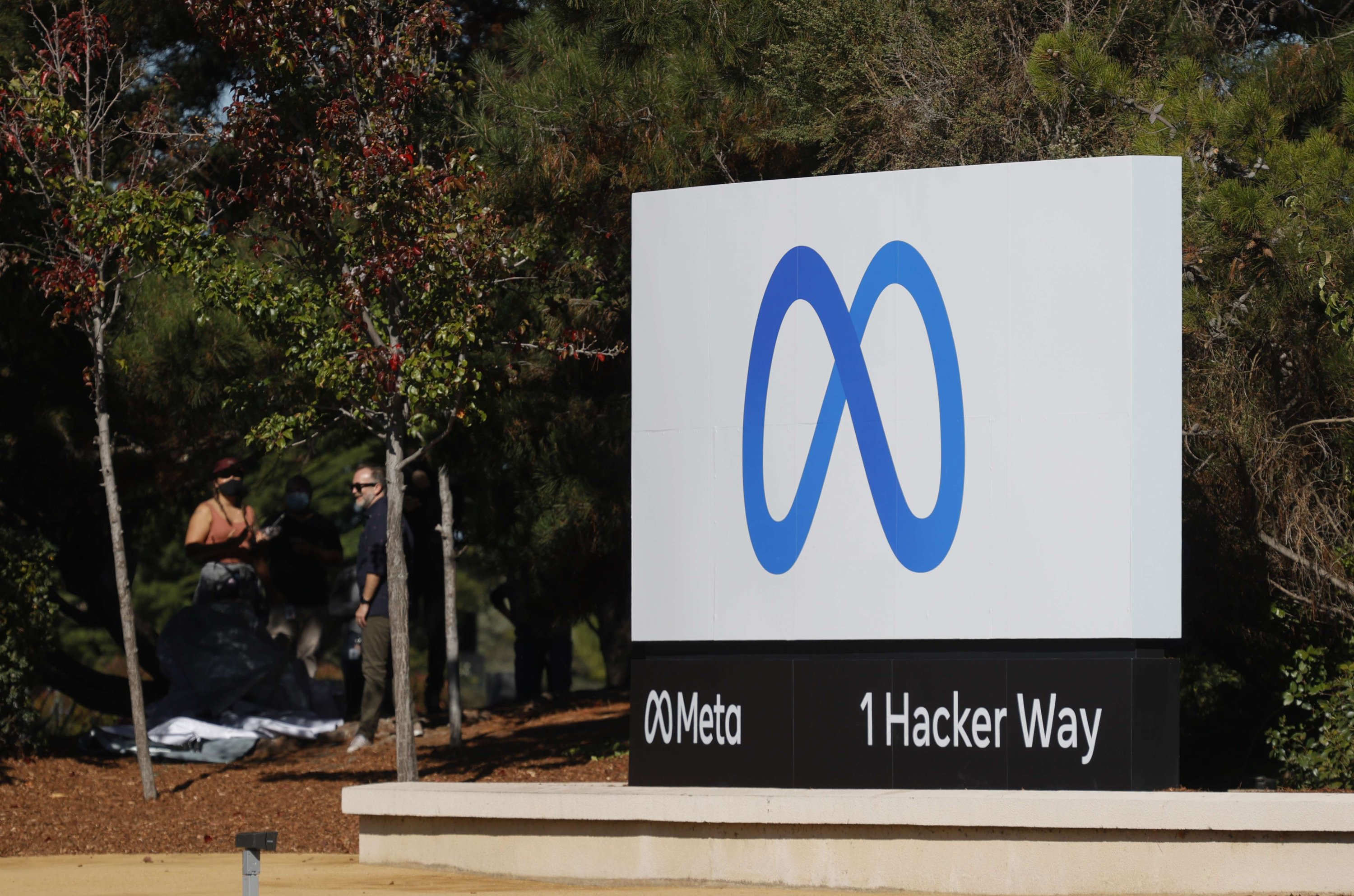Meta Artificial Intelligence Leak Draws Bipartisan Hill Concern
Potential abuses include spam, fraud and harassment

The smarter way to stay on top of the multichannel video marketplace. Sign up below.
You are now subscribed
Your newsletter sign-up was successful
There is nothing that can unite the warring political parties like a Big Tech target, and Meta is one of the biggest.
Sens. Richard Blumenthal (D-Conn.), chair of the Senate Judiciary Tech and Privacy Subcommittee, and Josh Hawley (R-Mo.), its ranking member, want some answers from the Facebook parent on why details of its “Large Language Model Meta AI (LLaMA)” program were leaked.
AI is a growing tool for a host of businesses, including video production, from recommendation engines through “scripting, shooting, post-production, meta-tagging and distribution.”
“[T]he company appears to have failed to conduct any meaningful risk assessment in advance of release, despite the realistic potential for broad distribution, even if unauthorized,” Blumenthal and Hawley wrote to the company on Monday (June 6).
The leaked underlying data and software from Meta’s version of an AI text generator — which showed up on BitTorrent for any to see, could be used for “spam, fraud, malware, privacy violations, harassment” and more, they said.
While the senators concede that open-source AI software and data can be helpful for furthering research on standards and transparency — Meta was trying to release it only to approved researchers — they say in the wrong hands, they can be “dangerously abused.”
“Meta’s choice to distribute LLaMA in such an unrestrained and permissive manner raises important and complicated questions about when and how it is appropriate to openly release sophisticated AI models,” they said.
The smarter way to stay on top of the multichannel video marketplace. Sign up below.
Also Read: White House Updates AI R&D Plan
And while Meta is trying to be a leader in AI, they pointed out the compamy is currently under a Federal Trade Commission consent decree related to the safety of its platform.
The senators want answers by June 15 to a bunch of questions, including what risk assessments it undertook about a potential leak, how many people were given access to the model and who in the company made the decision to release it to them. They also want to know what Meta is doing to “prevent or mitigate” future damage.
Contributing editor John Eggerton has been an editor and/or writer on media regulation, legislation and policy for over four decades, including covering the FCC, FTC, Congress, the major media trade associations, and the federal courts. In addition to Multichannel News and Broadcasting + Cable, his work has appeared in Radio World, TV Technology, TV Fax, This Week in Consumer Electronics, Variety and the Encyclopedia Britannica.

